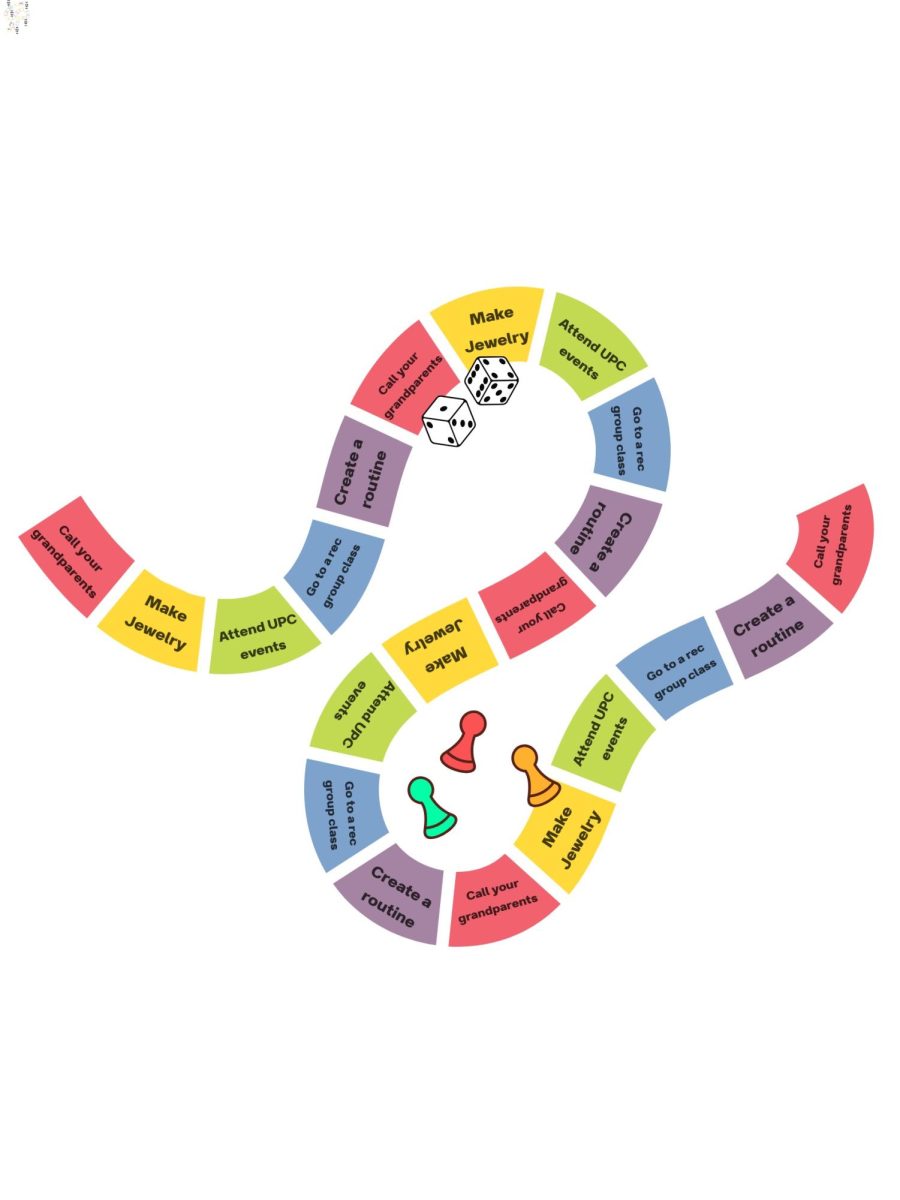A degree in nursing opens up a wealth of opportunities in the ever-evolving healthcare sector. With the growing demand for healthcare professionals, nurses are uniquely positioned to benefit from numerous career advancements, competitive salaries, and job security. This article explores ten ways a nursing degree can propel your career forward, highlighting the diverse and rewarding paths available in this noble profession.
1. High Demand for Nurses
The demand for qualified nurses is on the rise due to an aging population, advances in medical technology, and increased access to healthcare services. This high demand translates into job security and a plethora of opportunities across various healthcare settings. Hospitals, clinics, nursing homes, and home health agencies are continually seeking skilled nurses to provide quality care.
Nurses play a critical role in patient care, making them indispensable to the healthcare system. This demand ensures that nursing graduates can find employment relatively quickly compared to other professions. Additionally, the need for nurses is not limited to one geographic area, offering flexibility for those willing to relocate.
2. Fast-Track Your Education
For those who already hold a bachelor’s degree in another field, accelerated BSN programs offer a fast track into the nursing profession. These programs typically take 12-18 months to complete, significantly shortening the time required to enter the workforce compared to traditional nursing programs.
Accelerated BSN programs are intensive and designed to build on your previous education, allowing you to gain nursing skills quickly. This expedited path not only saves time but also enables you to start your nursing career sooner, giving you a competitive edge in the job market.
3. Diverse Career Paths
A nursing degree opens the door to a wide array of career paths, catering to various interests and specialties. Nurses can choose to work in pediatrics, geriatrics, oncology, emergency care, mental health, and many other fields. This diversity allows nurses to find a niche that aligns with their passions and skills.
Beyond clinical roles, nurses can pursue careers in research, education, administration, and policy-making. These non-clinical roles enable nurses to contribute to the healthcare field in different capacities, from shaping future healthcare policies to educating the next generation of nurses.
4. Competitive Salaries and Benefits
Nurses enjoy competitive salaries and comprehensive benefits packages. The earning potential for nurses varies based on factors such as specialization, experience, and geographic location. For example, nurses working in critical care or emergency departments often earn higher salaries due to the demanding nature of their work.
In addition to salaries, nurses typically receive benefits such as health insurance, retirement plans, paid time off, and continuing education opportunities. These benefits contribute to overall job satisfaction and financial stability, making nursing an attractive career choice.
5. Opportunities for Advancement
A nursing degree provides numerous opportunities for career advancement. Nurses can climb the professional ladder by obtaining further education and certifications. Advanced practice roles, such as nurse practitioner, clinical nurse specialist, and nurse anesthetist, require additional training and education but offer increased responsibilities and higher salaries.
Professional development through continuing education and specialty certifications can also enhance a nurse’s skill set and marketability. For example, certifications in areas like critical care, oncology, or palliative care demonstrate expertise and commitment to the field, paving the way for leadership roles and specialized positions.
6. Job Flexibility and Mobility
One of the significant advantages of a nursing career is the flexibility it offers. Nurses can choose from various schedules, including full-time, part-time, per diem, and shift work. This flexibility allows nurses to balance their personal and professional lives more effectively. Whether you prefer working nights, weekends, or traditional daytime hours, there are opportunities to suit your lifestyle.
Moreover, nursing skills are in demand across the globe, providing ample opportunities for those who wish to travel or relocate. Nurses can work in different states, countries, or even continents, experiencing new cultures and healthcare systems. This mobility ensures that nurses can find employment in diverse settings, from urban hospitals to rural clinics, broadening their professional experiences and enriching their careers.
7. Impact on Patient Lives
Nursing is an extremely gratifying profession that allows graduates to make a significant impact on patients’ lives. Nurses are often the primary point of contact for patients, providing not only medical care but also emotional support and advocacy. The ability to help patients recover, manage chronic conditions, or navigate the healthcare system can be incredibly fulfilling.
By building strong relationships with patients and their families, nurses play a crucial role in improving patient outcomes and overall healthcare delivery. The personal connections and trust developed in these relationships can lead to better patient adherence to treatment plans and a more positive healthcare experience.
8. Continuing Education and Lifelong Learning
The field of nursing is continually evolving, with new research, technologies, and treatments emerging regularly. As a result, continuing education is essential for nurses to stay current and maintain their licensure. Many healthcare institutions offer professional development opportunities, including workshops, seminars, and conferences.
Nurses can also pursue advanced degrees and certifications to specialize in specific areas of practice, such as critical care, pediatrics, or oncology. These educational pursuits not only enhance clinical skills but also open doors to advanced practice roles and leadership positions. Lifelong learning ensures that nurses remain knowledgeable and competent, providing the highest quality of care to their patients.
9. Strong Professional Network
Being part of the nursing profession means having access to a vast and supportive professional network. Professional organizations, such as the American Nurses Association (ANA) and specialty-specific groups, offer resources, continuing education, and networking opportunities. Joining these organizations allows nurses to connect with peers, share knowledge, and stay informed about industry trends.
Networking can lead to mentorship opportunities, collaborative projects, and career advancement. Attending conferences, participating in online forums, and engaging with colleagues on social media can help nurses build a robust professional network that supports their career growth and development.
10. Global Opportunities
A nursing degree can open doors to global career opportunities, allowing nurses to work in different countries and healthcare environments. Organizations like Doctors Without Borders and the International Red Cross often seek skilled nurses to provide care in underserved and crisis-affected areas worldwide.
Working abroad can be an enriching experience, offering the chance to learn about different cultures, healthcare systems, and medical practices. It also provides an opportunity to make a significant impact on global health, addressing healthcare disparities and improving access to care in vulnerable communities.
A degree in nursing offers numerous benefits that can significantly advance your career. The high demand for nurses ensures job security and abundant opportunities in various healthcare settings. Accelerated BSN programs provide a fast track into the profession, while diverse career paths allow nurses to find their niche in clinical or non-clinical roles. Competitive salaries, job flexibility, and the ability to work globally further enhance the appeal of a nursing career.
Nurses have the opportunity to make a profound impact on patients’ lives, build strong professional networks, and engage in lifelong learning to stay at the forefront of the field. Whether through advanced education, leadership roles, or international work, a nursing degree provides the foundation for a fulfilling and dynamic career.
By pursuing a degree in nursing, you are not only investing in your professional growth but also contributing to the health and well-being of individuals and communities. The nursing profession offers a unique blend of challenges, rewards, and opportunities that can lead to a deeply satisfying career.


















































































































